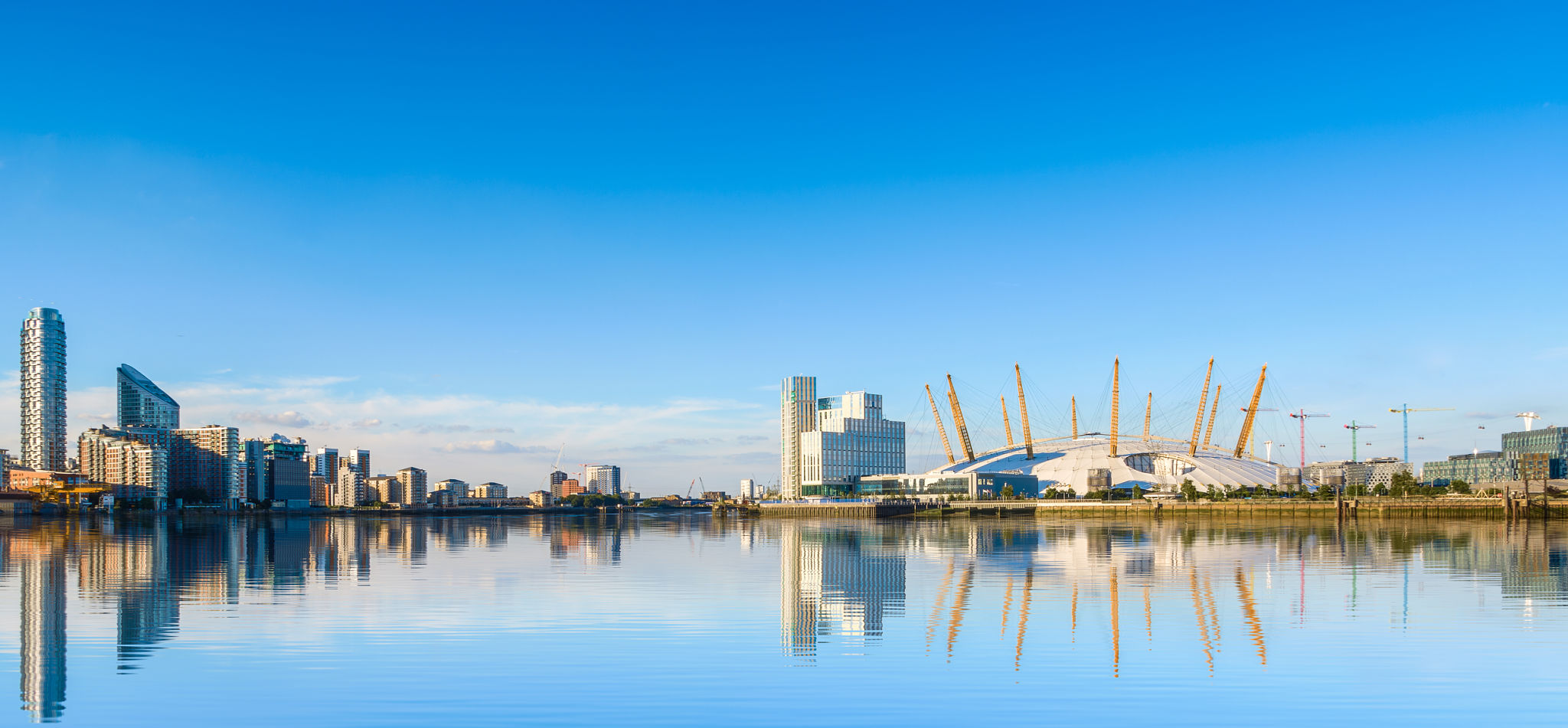Greenwich's Unique Regulatory Landscape: What You Need to Know
Understanding Greenwich's Regulatory Landscape
Greenwich, a vibrant area with a rich history in London, is not only famous for its maritime heritage and the Prime Meridian line but also for its unique regulatory landscape. Navigating these regulations can be complex, especially for newcomers and businesses looking to establish themselves in the area. Understanding the nuances of Greenwich's regulatory framework is crucial for compliance and successful operation.

The Role of Local Authorities
Greenwich's local authorities play a significant role in shaping the regulatory environment. They are responsible for implementing policies that ensure sustainable development and maintain the unique character of the area. This includes overseeing planning permissions, environmental regulations, and community projects. Businesses and residents must engage with these authorities to ensure their activities align with local policies.
For those looking to start a business, it's essential to comprehend the requirements set by the Greenwich Council. From securing planning permissions to understanding zoning laws, the council provides guidelines and resources to assist entrepreneurs in navigating the regulatory process. Engaging proactively with local authorities can help streamline operations and avoid potential legal pitfalls.
Zoning Laws and Land Use
Zoning laws in Greenwich are designed to maintain the balance between residential areas, commercial establishments, and green spaces. These regulations are crucial for preserving the area's historical and cultural significance while allowing for modern development. Understanding these zoning laws is vital for anyone planning construction or renovation projects.

Greenwich's commitment to sustainability is reflected in its land use policies. The area encourages eco-friendly developments and prioritizes green building practices. Developers must adhere to guidelines that promote energy efficiency and minimize environmental impact. Failure to comply with these regulations can result in delays or fines, making it imperative for stakeholders to plan accordingly.
Environmental Regulations
As part of its dedication to environmental sustainability, Greenwich has implemented a series of regulations focused on reducing carbon emissions and promoting green practices. These regulations impact various sectors, including transportation, waste management, and construction. Businesses operating in Greenwich must align their practices with these environmental policies to contribute to the area's sustainability goals.

One significant aspect of these regulations is the emphasis on reducing vehicle emissions. The introduction of low-emission zones and incentives for electric vehicles highlights Greenwich's commitment to cleaner air quality. Additionally, waste management policies encourage recycling and proper disposal methods, ensuring that the community remains clean and sustainable.
Navigating Business Permits
Obtaining the necessary permits is a critical step for businesses looking to operate in Greenwich. The application process can be intricate, requiring detailed documentation and adherence to specific guidelines. Whether it's a food establishment permit, a liquor license, or a street trading license, understanding the criteria and timelines is essential for a successful application.
Greenwich offers resources and support through its local business development centers to assist entrepreneurs in this process. By providing workshops, consultations, and guidance materials, these centers aim to simplify the permit acquisition journey and foster a thriving business environment.

